
Inside the power plays and behind-the-scenes machinations deciding how much water can be taken from a Central Otago river to support nearby farming. Jill Herron and Melanie Reid report
Emails showing an Otago Regional Councillor working “behind the scenes” on wide-reaching river flow decisions - after being told to step back by the Office of the Auditor General - highlights a bitter and escalating water fight in one the country’s driest areas.
Farmers, local government and environmental groups seem unable to agree even on who should make freshwater decisions and how they should be made, let alone agreeing on actual outcomes.
Otago Fish & Game chief executive Ian Hadland has written to the Minister of Local Government, Nanaia Mahuta and the Department of Internal Affairs, detailing “evidence of a continuing conflict of interest by Cr Gary Kelliher, of the Otago Regional Council (ORC) in Council decision-making.”
In the 900 pages of emails obtained by Fish & Game through a Local Government Official Information and Meetings Act request, Kelliher is shown providing opinions and feedback on the ORC’s long running work to try and set minimum river flows that satisfy all parties.
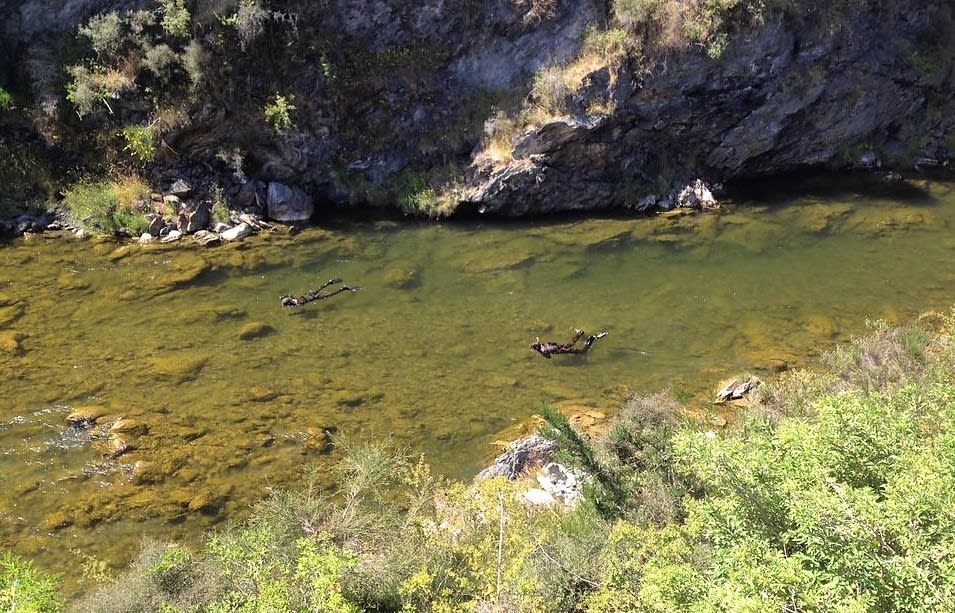
The council’s work on flows for the Manuherikia River near Alexandra has been fraught with conflict, a build-up of disagreement around the elected-members table blowing up last winter with the resignation of then-chairperson Marian Hobbs.
Reports at the time said the former Labour minister had threatened to resign if commissioners were not brought in to deal with the water issue amid concerns over conflicts of interest. The Otago Daily Times reported Hobbs' ousting from the chair and subsequent resignation in November 2021. The seat was filled by current chairman Andrew Noone and yesterday Hobbs confirmed her stance on the matter had not changed.
“He (Kelliher) is conflicted, he shouldn’t be at the table, let alone behind scenes organising what motions get put up”.
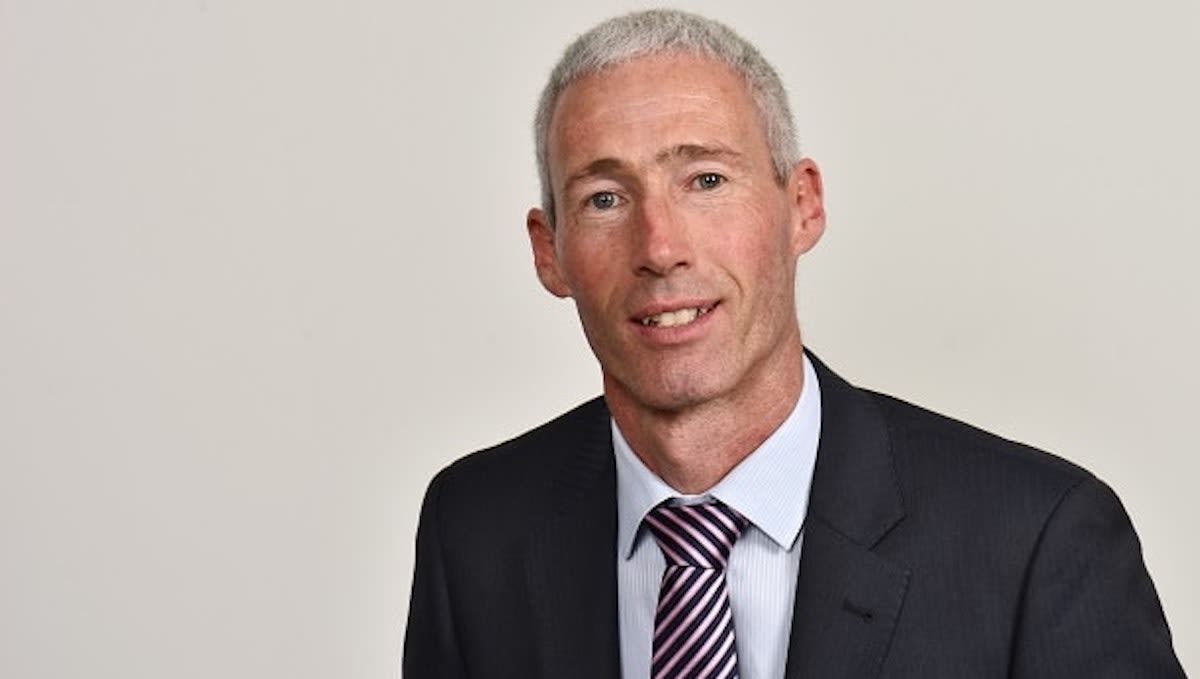
She believed the whole board of the regional council needed to stand down and a better model could be achieved through upcoming local government reforms.
“I do believe that local knowledge is important and the model that I want to put up to the reform group of local government is that they have six voted in, I don’t care what the numbers are but one independent chair to actually bring people into line”, she said.
Livelihoods v healthier rivers
Agricultural practices in this picturesque but notoriously dry area rely heavily on irrigation and farmers, now under additional pressure from sharp inflationary hikes in running costs, claim proposed restrictions would drastically reduce economic benefits for the region.
Meanwhile, the council has made a commitment to stopping further degradation of waterways and to restoring them to good health within a generation, starting a reform package in 2020 to implement this. This includes the new National Policy Statement for Freshwater Management, new National Environmental Standards for Freshwater as well as new rules around stock accessing waterways, measuring and reporting water takes and how farmers plan for water use.
Evolving policy directions dictate stronger environmental and cultural considerations that must now be considered when new minimum flows are set - essentially overriding irrigation needs.
Kelliher, a farmer and irrigator, unsuccessfully applied for an exemption to his conflict of interest status around the Water Permit Plan Change in 2020. The Office of the Auditor General ruled that as he did have a “direct financial interest” he could not participate and vote on it. He yesterday denied any wrongdoing and said he had taken legal advice relating to how to manage the situation.
“I am surprised and disappointed they [Fish & Game] are making these allegations having made no effort to raise their concerns with me. In my opinion I am managing my conflicts appropriately.”
He said he was aware the body, and others, had been lobbying central government for “commissioners to replace democracy to govern the Otago Regional Council” - something he felt was unnecessary.
“In the water space, it is my understanding that ORC councillors have asked for robust science to inform water decisions. There is nothing hard about making well informed decisions, and councillors from all backgrounds should be able to achieve this.”
Otago Regional Council chief executive Sarah Gardner said elected members had been given guidance on how to manage conflict of interest situations, including attending a workshop with the Auditor General's office.
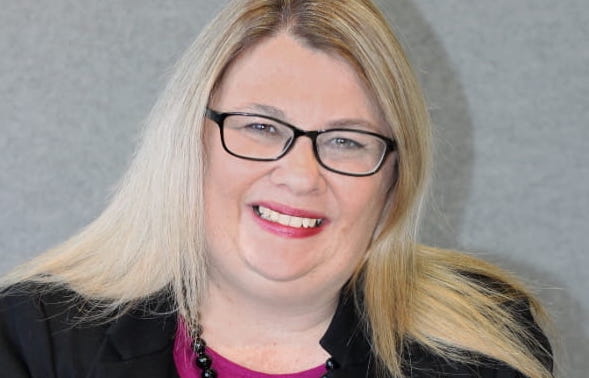
She told Newsroom she was aware of Fish & Game’s official information application, being required as chief executive to assess whether it be granted and had since discussed the matter with council chairperson Andrew Noone.
“After taking advice about issues that had arisen in the course of the processing of the LGOIMA request, I spoke with Chair Noone on 22 November 2021 about the likely need for Council to consider how identified conflicts of interest have been appropriately managed.”
Noone told Newsroom on Thursday he had faith in the way councillors were handling any conflicts that arose as they carried out their duties and was confident the water issues could be resolved.
"We are on track to meet [Environment Minister David Parker's] expectations, being a notified, fit for purpose Land and Water Regional Plan by 2023."
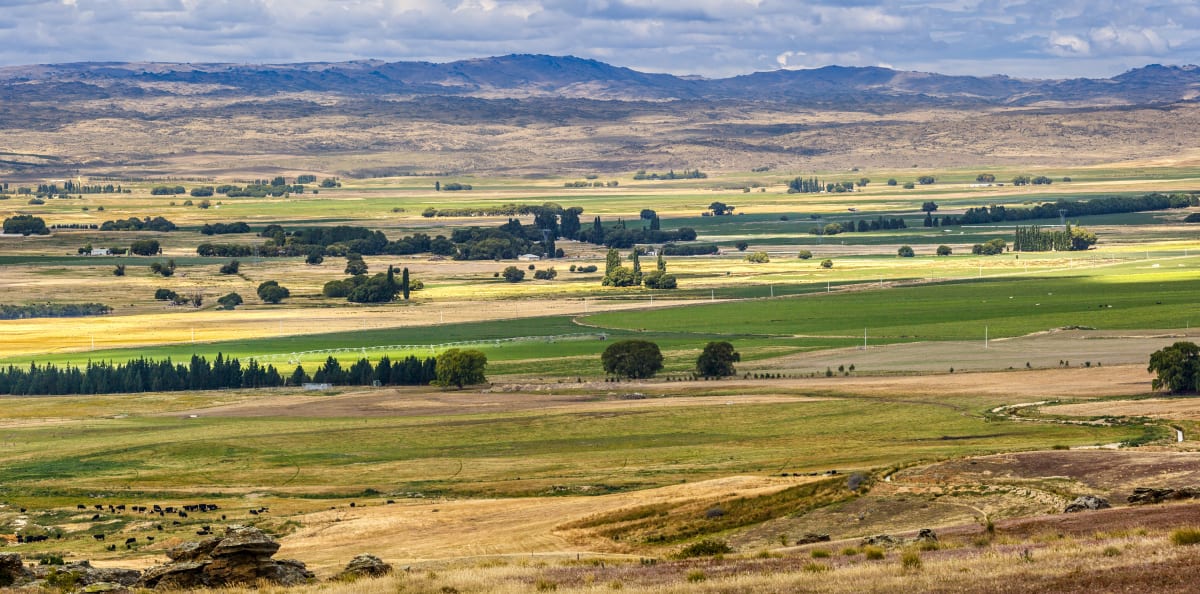
Water the new gold
Water rights or ‘deemed permits’ in Central Otago were first allowed as mining rights for gold extraction. They had no expiry dates and were utilised until 31 years ago when the Resource Management Act became the ruling legislation, and resource consents became something farmers and the council had to start working toward. The aim was to have the matter sorted by October last year.
According to the council consultation documents, today the volumes of water used can be considerable with irrigators, at peak times, pumping out up to 8237 litres per second.
The river’s swimming holes can shrink drastically in summer and levels of E. coli have been recorded at grade D and E on the Manuherikia’s testing sites, the consultation document says, this being below national bottom lines for water quality. Local residents are well-accustomed to boil-water notices following floods in the area.
Now that the historic water permits cannot exist, new consents are needed. Provision for these, put in place recently through Plan Change 7, for the Regional Plan, Water for Otago, includes that they generally will have a term of no more than six years.
Meanwhile setting minimum flows is an important part of freshwater management and in August 2021, regional council staff proposed a minimum flow in Alexandra that would start at retaining 30 percent of the river's low flow and increase to retain up to 50 percent of the river's low flow in 2037.
A group of councillors questioned the science. As a result, work valued at up to $4.4m involving more than 26,000 staff hours preparing reports, and which suggested a more healthy minimum flow, was set aside. It is understood to have raised leaving around 1200 litres per second flowing in the river, increasing to 2000 litres per second by 2037.
That was less than iwi, Kai Tahu ki Otago preferred to prioritise the health of the river, the report said. McKeague Consultants, however, representing the majority of irrigators in the catchment, had recommended leaving 1100 litres per second in the river, with no recommendation to increase that over time.
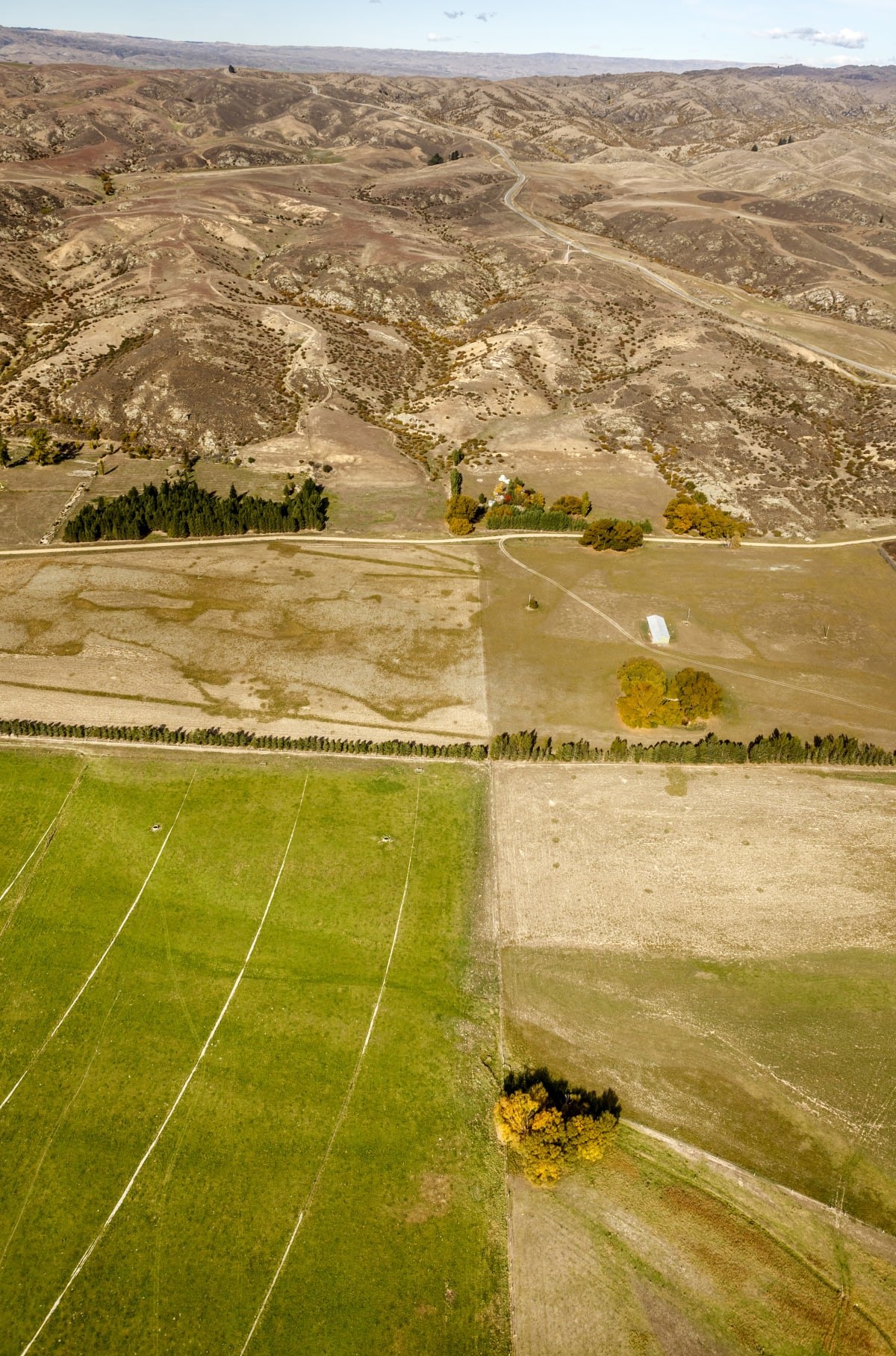
As Hadland says in his letter to Nanaia Mahuta, the issue remains unresolved.
He details how Kelliher continues to engage in the discussion despite being “identified by the Office of the Auditor-General as having a financial interest in the Water Permits Plan Change, due to his connection with two deemed permits in the Manuherikia catchment.”
Hadland says Kelliher had engaged in exchanges about a decision on how to go about setting minimum flows, with the regional council and Central Otago District councillors, and at times used private email accounts which had been redacted in the information request.
“I find it disturbing that Kelliher has been able to participate in discussions behind the scenes, despite his clear conflict of interest. I am concerned that he is attempting to work around public interest safeguards and use his position of power as a councillor to influence how water resources may be allocated in future. Ultimately, this conduct may undermine public trust in the ORC and in the fair implementation of the Resource Management Act,” Hadland said.
He requested the matter be urgently looked into.
In an email to a party whose identity was blocked in the LGOIMA information, Kelliher outlines his opinion that the issuing of short-term water consents for farmers was a likely outcome, as was an ongoing fight.
“I guess the short answer is there are no friends out there in this process for water-users, it’s war and they are resourcing to fight and keep fighting,” he said.
Kelliher reiterated this view on Thursday to Newsroom.
“I think irrigators have felt they are always bottom of the ranking through all of the water processes. They have prioritised the rivers and the rivers’ health but their need for access to some of the flows are ignored by environmental lobby groups and to an extent, council, in my view.”
The impacts on the local economy and communities if irrigation were to stop would be “catastrophic”, he said.
“For Central Otago, irrigation is necessary for valley floor sustainable primary production, and it would be totally illogical to consider dryland as an alternative to what is currently undertaken. Without irrigation, the local economy would collapse. Six hundred and fifty families plus businesses rely on it in the Manuherikia catchment alone.”
*Made with the support of the Public Interest Journalism Fund*








